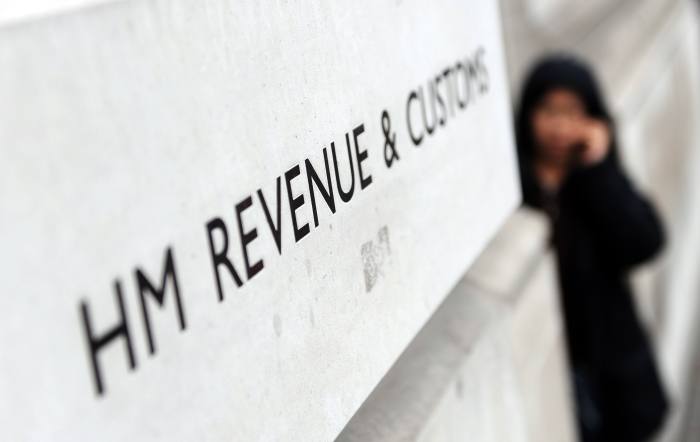
HM Revenue & Customs' latest efforts to beef up inheritance tax (IHT) avoidance measures should hold no fear for advisers or their clients provided they stick with tried and tested solutions.
Schemes regarded as an established practice which HMRC have indicated their acceptance of, such as discounted gift trusts, remain outside the need to report under the new rules.
What is Dotas?
The disclosure of tax avoidance schemes (Dotas) requires promoters of new schemes which are set up to obtain a tax advantage, to disclose the main elements of the scheme to HMRC. As such, it acts as an early warning system allowing HMRC to challenge them if it is believed they are abusive.
Only a handful of new schemes have notified HMRC of their existence since the rules were extended to include IHT. As a result HMRC has strengthened the IHT Dotas rules to ensure that schemes are not slipping through the net undetected.
Previously certain scheme promotors could rely on ‘grandfathering rules’ to escape the need to disclose their scheme details to HMRC. This was the case provided the new scheme was essentially the same or substantially similar to a scheme which was already in existence prior to April 2011.
What’s changed?
But all that has now changed. From 1 April this year the grandfathering rules ceased to apply and new IHT hallmarks were introduced.
Under the new hallmark, a scheme will need have to be reported if it enables someone to obtain an IHT advantage and it involves one or more contrived steps in order to achieve it. Broadly this could be any of the following:
• The avoidance or reduction of relevant property charges (entry/periodic or exit charges).
• The avoidance or reduction of a gift with reservation (unless caught by pre-owned assets tax (POAT).
• A reduction in someone’s estate which does not give rise to a potentially exempt transfer (PET) or chargeable lifetime transfer (CLT).
While there is no longer any grandfathering rules for existing estate planning schemes to rely on, the new rules do include an exemption for certain schemes. Any schemes which were established practice prior to 1 April 2018 will not need to report, provided HMRC has indicated their acceptance of these schemes.
Why does it matter?
Having to report does not automatically mean that an arrangement is not effective. But the reporting process can still cause concern. There are no automatic reporting requirements for advisers; this falls upon the scheme promoter.
Scheme promoters have to notify HMRC of their scheme to obtain a scheme reference number and have to provide HMRC with lists of clients who have used the scheme.
The reference number has to be passed to any users of the scheme on the HMRC form AAG6. This form pulls no punches and leaves clients in no doubt that they may be involved in tax avoidance and the possible consequences of their actions.
What does it mean for estate planning?





